Gas extraction may be the answer to cutting greenhouse emissions
The United States has lowered its greenhouse gas output to levels unseen since the early 1990s, despite ripping up the Paris climate deal. This was achieved not by punishing families and businesses with taxes or expensive and unreliable electricity
- Green light given for $250m Port Kembla gas terminal
- Coal seam gas mining could halve NSW power bills
Last week we found out why Bill Shorten has kept mum on the cost of his extreme climate policy which aims to significantly go beyond Australia’s international obligations.
Independent modelling estimated that it would cause a $264-billion loss in economic activity, with economist Dr Brian Fisher estimating more than 330,000 lost jobs and a $9000 annual pay cut for the average worker due to flow-on effects including hidden carbon taxes.
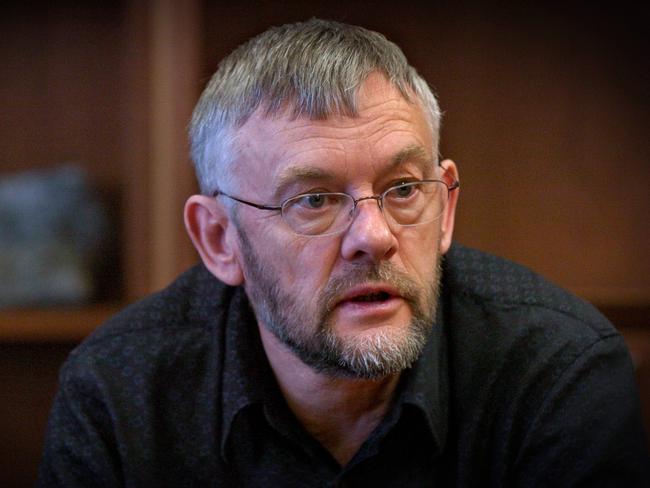
Even conservative politicians are feeling the heat on climate policy. Tony Abbott, ostensibly fearful about losing his seat to independent Zali Steggall, has said he now believes that Australia should remain bound to the Paris Accord’s emissions reduction obligations.
For this reversal of a longstanding position, he has been rewarded with zero support from left-wing activists, some of whom instead postered his electorate with signs bearing his face and a four-letter word and others who left a surprise package outside his electorate office.
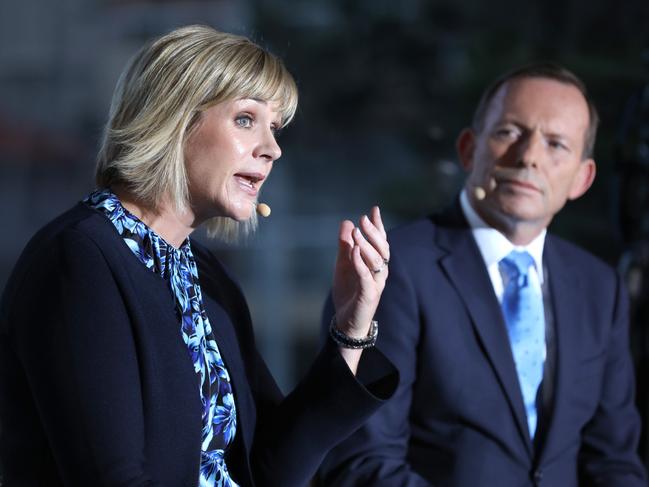
MORE OPINION
Andrew Constance: No more excuses, this is about saving lives
Caroline Marcus: Freedom to disagree comes at a high cost
Shortypants and Someone: What kids think of the election
Although climate change is an issue that many voters care about, we also know from polling in key swing electorates that Australians have a low tolerance for policies that drive up power bills at a time of stagnating real wage growth.
What if the solution is beneath our feet? The United States has lowered its greenhouse gas output to levels unseen since the early 1990s, despite ripping up the Paris climate deal.
This was achieved not by punishing families and businesses with taxes or expensive and unreliable electricity. Rather, Americans simply extracted so much of their own natural gas, that it delivered a record boost to jobs and development that is today known as the shale gas revolution.
This lowered prices to where gas-based electricity outcompetes more carbon-intensive coal on price.
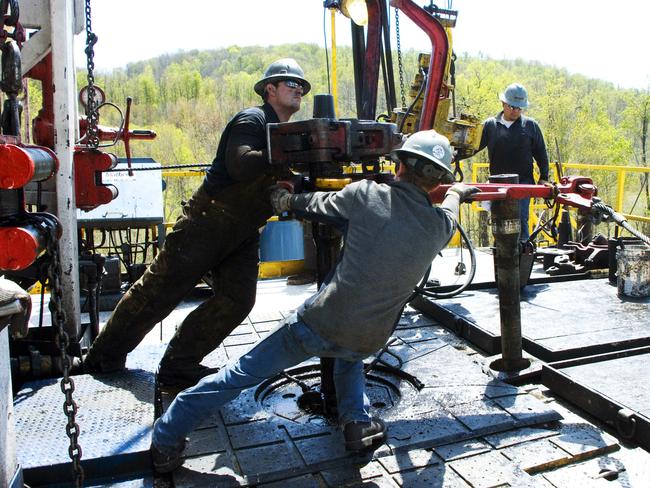
Australia has the world’s tenth largest natural gas reserves at an estimated 3921 billion cubic metres, of which 20 per cent is commercially proven. Yet, unlike the United States, a vast majority of it remains locked away due to blanket bans on fracking or overly strict regulations that effectively prevent extraction.
While Western Australia and the Northern Territory lifted their fracking bans last year after extensive scientific inquiry confirmed that it could be done safely with the right regulations, this simply isn’t enough.
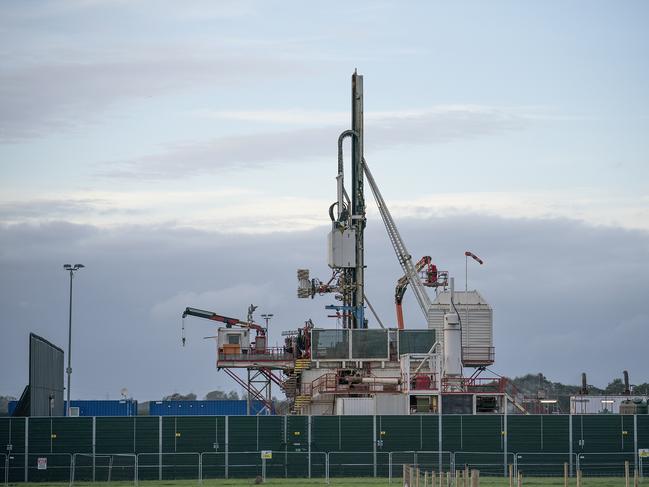
Australia’s population remains concentrated in the east, and the cost of transporting gas across the continent means that the benefits of reduced prices won’t flow through for most of us.
Gas must be extracted in the region where it’s used for it to be most economical. This is impossible because of Victoria and South Australia’s fracking moratoriums, and coal-seam gas exclusion zones rife throughout NSW.
Political opposition to fracking is hardly driven by science.
Hydraulic fracturing, or fracking, involves pumping water, sand and chemicals into methane-rich shale deposits roughly two kilometres underground to extract natural gas.
Its alleged contamination risks came to public attention through the 2009 US film Gasland and its famous scene of tap water being set ablaze, supposedly due to methane polluting the water supply because of fracking.
Yet studies show that this was either caused by natural phenomena, or faulty well casings, and not fracking.
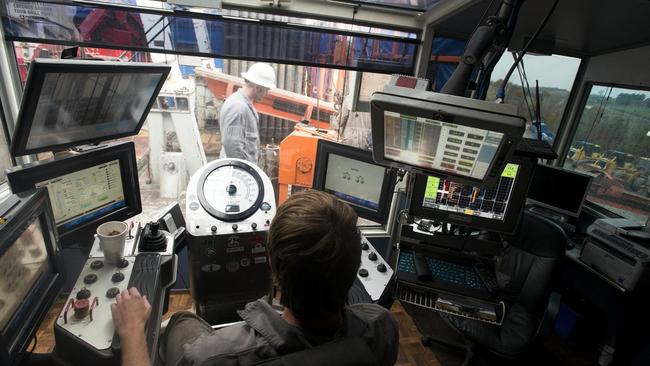
Studies also reveal a consensus that while fracking isn’t responsible for such pollution, it can happen due to shoddy construction practices, such as the use of annulus cement or casings.
These are easy to mitigate through a strict regulatory framework already effective elsewhere in the world, rather than with extraction restrictions.
Concerns about earthquakes caused by fracking are also driven by hysteria. Tremors can only result if an existing fault is nearby, something that is inapplicable to most places subject to fracking restrictions.
These tremors are also comparable to mild quakes caused by some coal mines. Anti-fracking opposition is also driven by farmers and other landholders who are rightly apprehensive about companies intruding on their property to extract state-owned gas with only paltry compensation for their inconvenience.
Unlike the United States where natural gas seams on someone’s land are seen as a godsend as the profits from these are privately owned, this system has created a cabal between inner-city green activists ideologically opposed to fracking, and farmers’ groups who are usually at loggerheads on policy matters such as water-use restrictions.
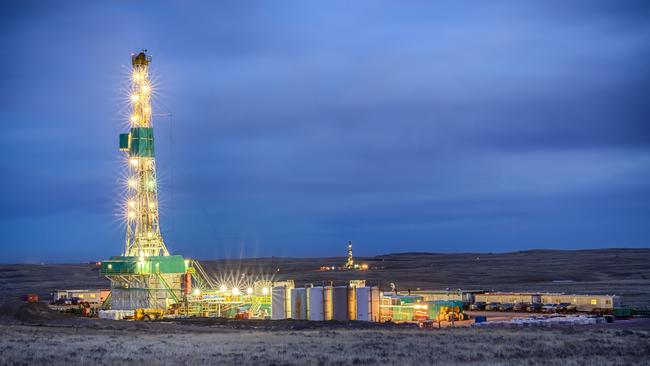
The only way to break these cabals, exemplified by movements such as Lock the Gate is to give our farmers and landholders a fair share of the royalties generated from gas on their property.
South Australia once proposed to reward landholders with 10 per cent of the royalties from natural gas extraction as an incentive — a smart idea later rejected by the so-called Liberal state government.
The eastern states should instead follow the lead of WA Labor Premier Mark McGowan.
In lifting his state’s fracking ban, he noted that “this is a balanced, responsible, science-based policy that supports economic opportunities, new jobs, environmental protection and landowner rights.”
Satya Marar is the director of policy at the Australian Taxpayers’ Alliance


